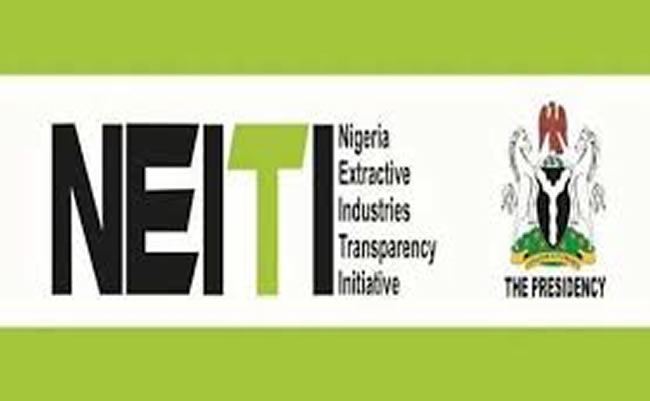By Aaior K. Comfort
A recent report from the Nigeria Extractive Industries Transparency Initiative (NEITI) reveals that Nigeria lost an alarming 362.28 million barrels of crude oil due to measurement errors, sabotage, and production adjustments between 2014 and 2023. This translates to an average loss of approximately 992,547 barrels per day over the past decade.
The findings were published in NEITI’s latest report titled Oil & Gas Industry Audit 2023, which assesses and reconciles physical, process, and financial flows within the nation’s oil and gas industry. The report also highlighted that the total crude oil production deferment during this period amounted to 110.66 million barrels.
NEITI compiled the report by reviewing multiple sources, including submissions from the Nigerian Upstream Petroleum Regulatory Commission and reports from companies like the Nigerian National Petroleum Company Limited (NNPC). The agency defines deferment as production stoppages due to scheduled or unscheduled repairs, pipeline breaks, leaks, or equipment failures.
Despite being an oil-rich nation, Nigeria continues to struggle with effectively managing its oil and gas resources, hampered by outdated and corroded pipelines for transporting crude oil. The report indicates a steady increase in crude losses, with the highest loss of 101.05 million barrels recorded in 2016.
A breakdown of losses reveals that in 2014, the country lost 1 million barrels, which surged by 2,612% to 27.12 million barrels in 2015. The peak loss occurred in 2016, amounting to 101.6 million barrels, resulting in an estimated revenue loss of $4.6 billion, given an average crude price of $46.07 that year.
Subsequent years saw varying losses, with 2017 recording 36.46 million barrels lost, translating to $1.9 billion in potential revenue losses at an average crude price of $54.32. In 2018, losses further increased to 53.28 million barrels, amounting to a loss of $3.8 billion, with crude prices averaging $72.58 per barrel.
While the report shows a decline in losses in recent years, with only 7.68 million barrels lost in 2023—a 79% reduction from 36.69 million barrels in 2022—it emphasizes the need for ongoing efforts to improve operational efficiency and accountability within the sector.
To combat these persistent losses, NEITI recommends that the Federal Government explore viable public-private partnerships to deploy advanced digital solutions for tracking and monetizing savings from crude losses. Additionally, it calls for establishing a database to aggregate cases of petroleum product losses that could disrupt the availability of resources.
NEITI’s report underscores the critical need for reforms and investments in Nigeria’s oil and gas sector to fully harness its potential and enhance national revenue.

